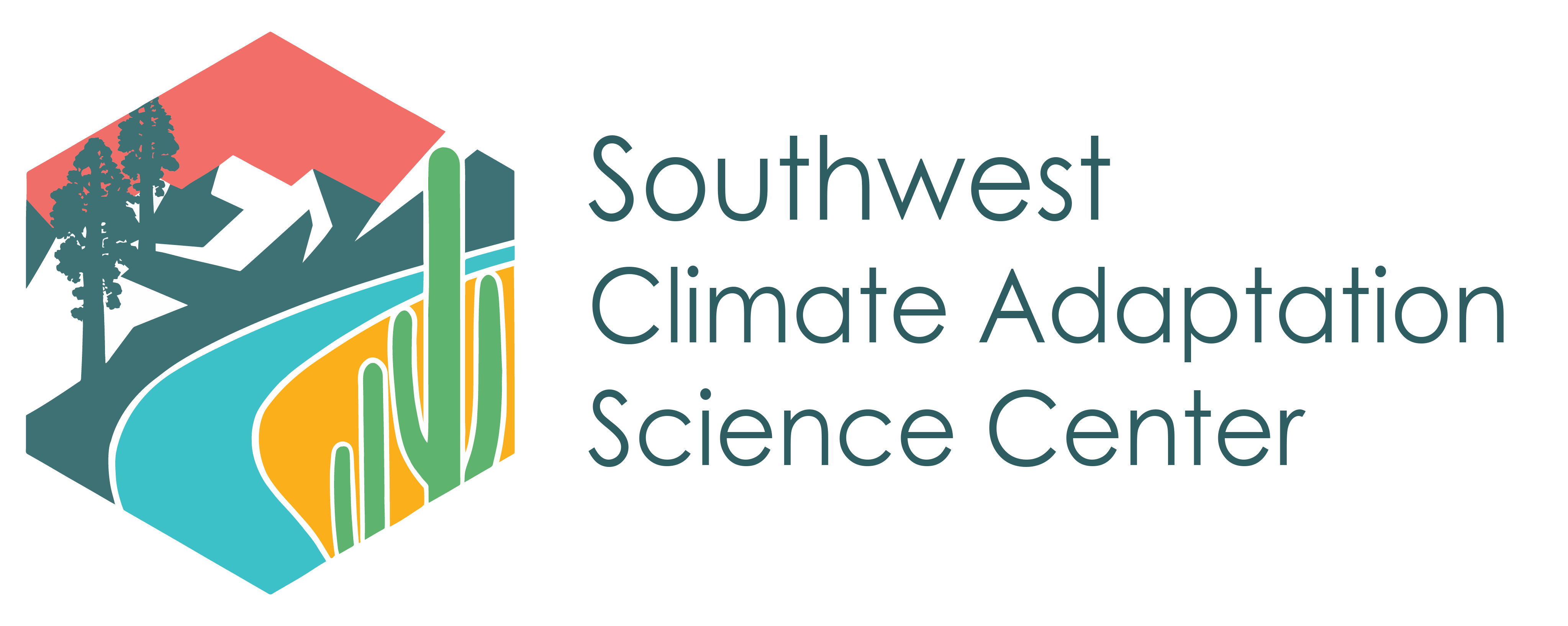Initiatives
The coming years and decades will see increasingly rapid environmental change with dramatic ecological and societal consequences. Anthropogenic processes, including global warming, species translocations, land use changes, biogeochemical alterations, and harvesting of wild populations, will interact with natural geophysical, ecological, and biogeochemical processes in ways that remain partially understood. Novel climates, ecosystems, and landscape configurations will arise, requiring both scientists and decision-makers to think outside the conventional envelopes of past experience, historical states, and resource-management practices.
Science-informed management, policy, and planning decisions are needed in the face of these mounting challenges. Natural-resource managers and policymakers want to make sound decisions using the best available information, and most are under direct mandate to do so. Reciprocally, ecologists and other scientists have a strong desire to contribute directly to policy and management decisions. However, researchers and natural-resource decision-makers comprise different cultures, and dialogues between them can result in misunderstanding and miscommunication.
The SW CASC has initiated several efforts designed to improve opportunities for and enhance approaches for effectively delivering actionable climate science to stakeholders and decision-makers in the Southwest and beyond.
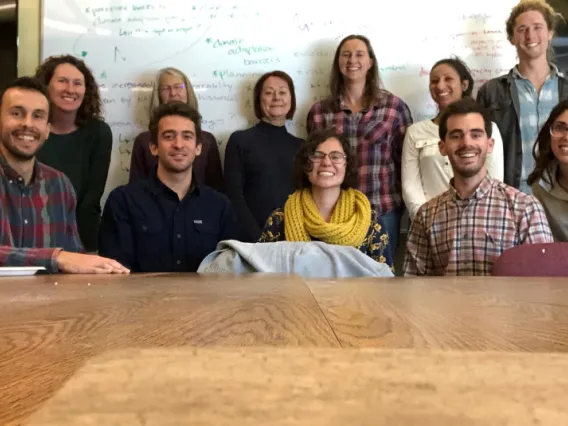
NRWD Fellowship
The SW CASC's Natural Resource Workforce Development (NRWD) Fellowship was developed to provide graduate students with opportunities for training and practice in developing use-inspired and actionable science to inform natural resource management decisions. Find out more information about the program and the current listing of fellows by visiting the NRWD Fellowship page.
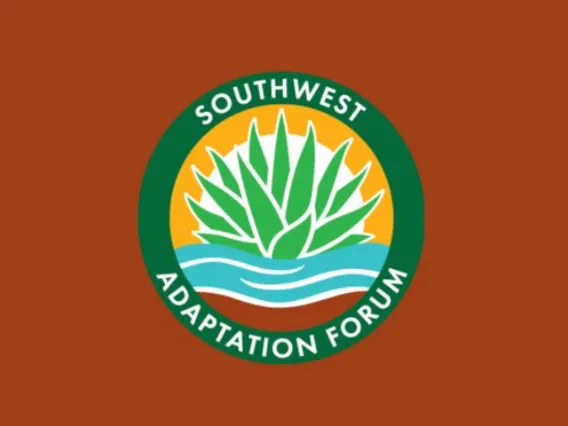
Southwest Adaptation Forum
The Southwest Adaptation Forum (SWAF) is the gathering of climate adaptation leaders, researchers, and practitioners across the Southwest U.S., to exchange best practices around efforts that are advancing climate adaptation and resilience in the region.
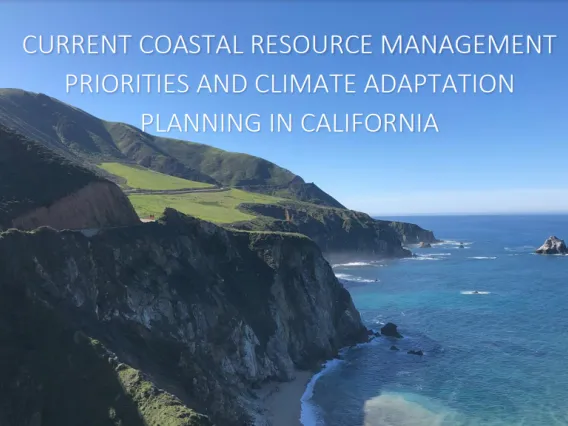
Coastal Resource Management and Planning Priorities
This effort is a 5-year subgrant through UCLA and the SW CASC which focuses on coastal ecosystem physical and biological responses to climate and extreme climatic events. Over the 5-year period, three biennial regional and multidisciplinary stakeholder meetings, organized by UCLA, will be held, focusing on issues of climate change and its impacts on California coastal environments, with a focus on marshes and estuaries. The first meeting, described in the report linked below, was held in Los Angeles, California, on August 20, 2019 and set priorities and research aims. The second meeting will provide an interim assessment by a smaller select group of engaged stakeholders, and the final larger meeting will focus on communication of results and framing of management and planning actions required for current and future needs and priorities.
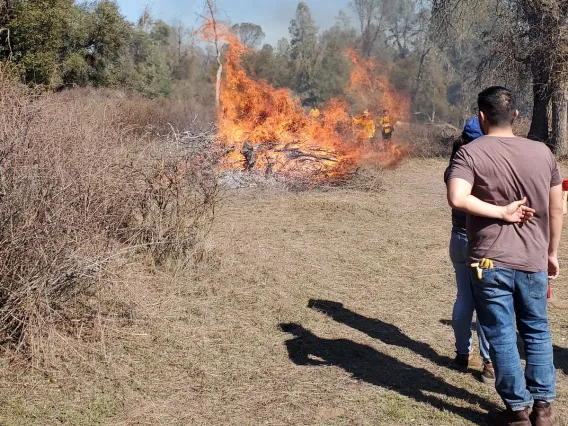
Traditional Burning
Traditional burning, also known as cultural burning, is a form of under burning that has been used by Indigenous peoples for thousands of years to increase water runoff into streams, create habitats for plants and animals, recycle nutrients, and promote other ecosystem benefits. The approach emphasizes people’s connection to the land and respect for fire as a life-sustaining process. The SW CASC has been working with partners including Ron Goode (North Fork Mono Tribe) in California, to plan and participate in traditional burning workshops, and to learn more about this traditional technique.
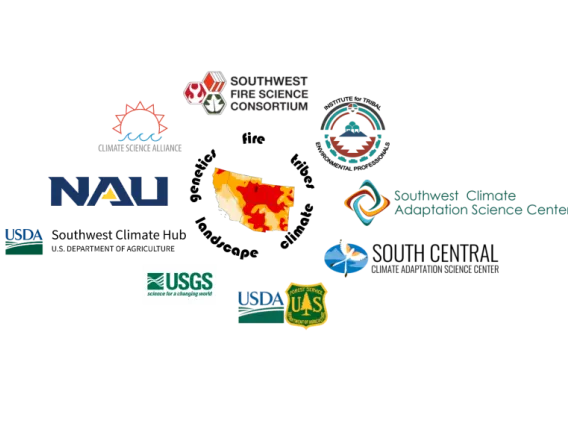
The Southwest Fire and Climate Adaptation Partnership (SWFireCAP)
The Southwest Fire and Climate Adaptation Partnership (SWFireCAP) is an open and inclusive group of partners with a shared vision for working together to advance fire and climate adaptation in the southwestern U.S.

